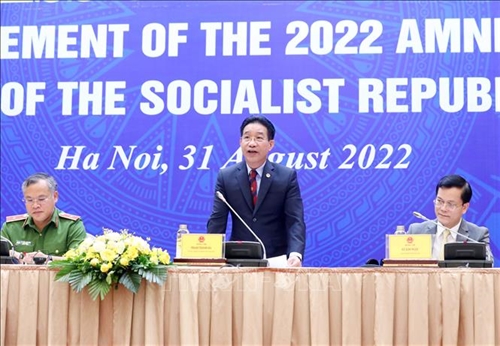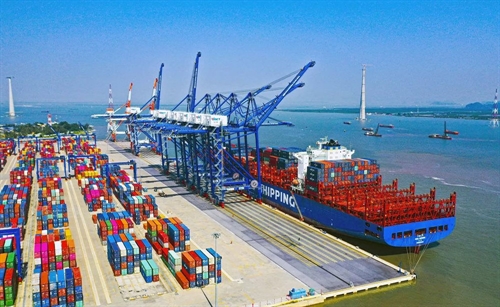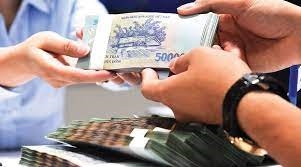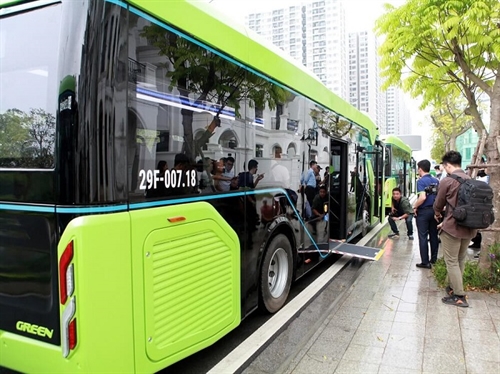From October 1 this year, domestic and foreign businesses operating in Vietnam’s territory will be required to store data on personal information of service users in Vietnam.
Decree 53 dated August 15, which details a number of articles of the Law on Cyber Security, requires that data generated by service users in Vietnam, including account names, service use time, credit card information, email and IP addresses, most recent logins and registered phone numbers, must be stored domestically.
 |
| Vietnamese people have become familiar with social networks__Photo: Internet |
The domestic storage of data on relationships of service users in Vietnam, such as friends and groups with which users connect or interact, is also a requirement under the new regulation.
All domestic enterprises, regardless of the services they provide, will be required to store aforesaid data in Vietnam.
International companies that provide telecommunications services, services of data storage and sharing in the cyberspace, supply of national or international domain names to service users in Vietnam; e-commerce; online payment; social networking and social media; and online electronic games will also have to comply with the new regulation.
Enterprises may choose methods of data storage provided that data will be stored for at least 24 months. Meanwhile, system logs serving criminal investigation and handling of violations will be stored for at least 12 months.
Under the Decree, foreign companies will have to set up their local representative offices or branches in the course of their operation in Vietnam.
Earlier, on August 10, the Prime Minister issued Decision 964/QD-TTg to approve the national strategy for protection of cyber security and safety, in proactive response to challenges in cyberspace through 2025, with a vision toward 2030.
Under the Strategy, until 2025, the Government will maintain Vietnam’s ranking of between 25th and 30th in the Global Cybersecurity Index (GCI) as assessed by the International Telecommunications Union.
At the same time, the country is expected to lay a foundation for a cybersecurity industry and cyber information safety industry and formulate an appropriate policy platform for startups in the field of cyber security and safety in the country. In light of this, there will be three to five key products and services related to information safety in the country that will dominate the domestic market and be able to compete globally.
Meanwhile, the revenue growth rate of the cyber security and safety market is set to increase by 25-30 percent per annum.
To realize the above targets, the Strategy figures out several major tasks and solutions, including strengthening the Party’s leadership and the State’s management of and improving the country’s legal framework on cyber safety and security.
The new regulation also requires protection of national sovereignty in the cyberspace, safeguarding of digital infrastructure facilities, platforms and data and national cyber infrastructure facilities, and protection of information systems of the Party and State agencies and those of crucial sectors which need to be prioritized to ensure information security.
In addition, it is important to build digital trust in an honest, civilized and healthy network environment, prevent and combat violations in cyberspace; encourage businesses to master technologies and raise their ability to actively cope with cyberspace challenges.
The Strategy sets forth tasks of training and developing human resources; disseminating information and improving public awareness about cyber safety and security; raising national trustworthiness and fostering international cooperation in this field.- (VLLF)









